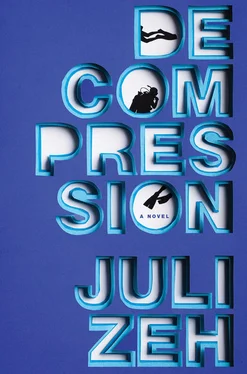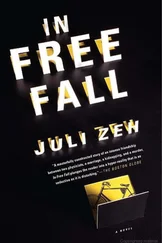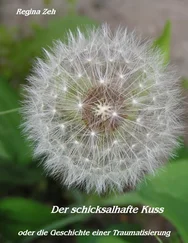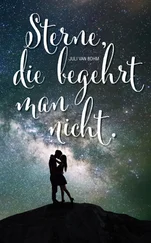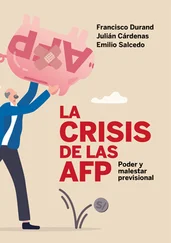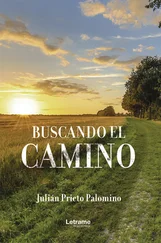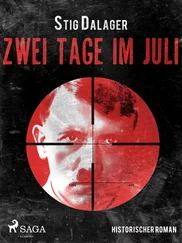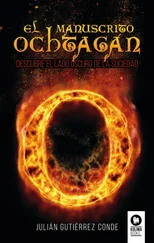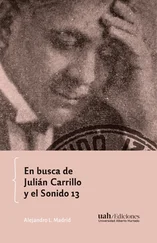The sun had sunk behind the flat roofs of the neighboring houses. Antje knew a lot about literature. I wanted to ask her how much real life entered into storytelling. Would she think an author who described something abominable in great detail must necessarily have had practical experience in his subject? I didn’t understand why Theo had given me that story. The feeling it had produced in me was that I never wanted to see him again. Several times, while I was reading the thing, I’d been on the point of calling up Bernie and asking him whether he’d agree to take over my clients. One of my basic principles was to accept money from my clients only at the end of their course, which meant that I hadn’t yet seen a cent from Jola and Theo. If I terminated the contract now, I could most probably kiss all fourteen thousand euros good-bye. Antje and I needed that money badly. That was why I wanted to talk with her. I wanted to ask her whether it wouldn’t be better to cut all ties with a guy who was capable of writing such stuff. I figured she’d look at me as though I’d made a joke. She’d say something like You want to ditch the best contract you’ve ever had in your life because your client wrote a story about two people who aren’t nice to each other? Hasn’t anyone ever informed you that literature is never about nice things, not even on islands? You’re acting like a child who’s seen a scary movie and now he’s afraid of the dark! Maybe the wretched feeling I had would go away if I could hear her talk like that.
Her voice mail again. Antje never turned off her cell phone. That little gadget was always freshly charged and ready to work. For her, the ability to be reached constituted a kind of proof of existence. Just as some physicists thought that if no one looked at the moon it wasn’t there, Antje believed that anyone who couldn’t be called up disappeared. Voice mail, one more time. I resolved not to try her number again. Fortunately, I wasn’t the sort of person who always jumped to the direst possible conclusions. You just had to bear the normal probability distribution in mind. Getting in an automobile accident was much less probable than losing a cell phone or not hearing it ring. Even in Antje’s case. It struck me that I couldn’t think of anyone I could ask about her. I didn’t even know the names of most of her girlfriends, much less their phone numbers. Quite apart from the fact that holding a telephone conversation in Spanish was a physical impossibility for me. Bernie didn’t really have anything to do with Antje, and if I called him and inquired about her, he’d answer by immediately asking me what the devil was going on with us. I had no contact with her parents in Germany. And in any case, it was only eight in the evening.
A strange restlessness drove me to pace through the house. I might also have been a little queasy. And probably hungry as well, but I couldn’t make up my mind to eat anything. As though attached by barbs, Theo’s story hung on my thoughts. There was even something baleful about the sunset in the beginning of the story, when he had his two characters go out for an early evening walk: The sky was an arrangement of bloody pieces of cloud, as if some enormous being had exploded overhead. The gathering darkness was a cloak, the gulls’ cries a jeering sound track. Even a literary lowbrow like me could tell that the woman wasn’t identical with Jola. Her name was different too. On the other hand, she seemed to share many of Jola’s characteristics. First and foremost, a dark beauty. And a certain unpredictability. It slowly became clear to me why I didn’t care for literature. Like jurisprudence, it was about the art of judging. The author acted as the highest judge, decided the facts of the case, called in witnesses, and in the end handed down the verdict. Punishment or acquittal. Unlike in the legal process, there was not even a possibility of appeal.
I roamed around the living room like a man looking for something. Everywhere in the house, there were objects I would have sworn I’d never seen before had they been pointed out to me in some neutral place. It was time for me to get a grip on myself.
I went into the kitchen and whisked three eggs and some Maggi seasoning sauce, tore off a big chunk of bread for dipping, and carried everything into the office. By way of distracting myself, I wanted to watch one or two episodes of Jola’s series. If it succeeded in making me sleepy, I’d be able to take advantage of Antje’s absence by spending a night in the bed for a change.
For the sake of completeness, I’d started watching the series in chronological order from Bella Schweig’s first appearance. I sat at the computer, opened the Up and Down archive, and clicked through to Episode 589. Just as I hit the START button, I saw him. He was lying on his back just a few centimeters away from the mousepad, his four delicate legs with their high-tech suction cups thrusting stiffly upward. It was as though he’d been positioned to send a message: Look here, this thing’s dead . I jumped up and probably cried out. Emile. The chill of his little body burned itself into my hand. I prodded him with my index finger again and again, tried to warm him, turned him right side up, and set him on my arm in the usual spot. He fell back onto the table, reduced to a piece of rubbery matter. I thought there was a vaguely chemical scent, perhaps insect spray, in the room.
In the middle of my reflections on which would be more absurd, throwing a friend down the toilet or burying a reptile, the doorbell rang. Without Todd’s hysterical barking, the rooms seemed so unfurnished that I myself thought I wasn’t home. Antje had her own key and would have made more noise upon arriving. The doorbell rang again. Three short, three long, three short. It was someone who knew the Morse alphabet. Even without that hint, I would have guessed who was outside.
When I opened the door, she fell into my arms. I caught a fleeting glimpse of her mascara-smeared face. She hadn’t had makeup on that afternoon. Her shoulders were twitching. She clung to me hard. Sobs shook her body all over. I held her in my arms and buried my nose in her hair. We hadn’t even said hello. While I inhaled the smell of her, I felt myself becoming indifferent to everything else. To the torpedo fish, to Antje, to Theo’s story, to the gecko. I thought, I mustn’t think about anything anymore, I mustn’t want anything more . She told me through tears what had happened, but I barely understood what she said.
She and Theo had taken a walk on the promenade at sunset. Suddenly Jola had spotted a swimmer struggling with the current far from the shore. Her first impulse was to jump into the water, but Theo had held her back. They ran around pointlessly for a long while before finding a lifeguard. Meanwhile a crowd had gathered on the promenade, a coast guard boat was on the way, and a helicopter was arriving from one of the other islands. They were all too late to recover the swimmer alive. I thought fleetingly about Bella Schweig, who turns up weeping at her ex-boyfriend’s place with a story about a cyclist run down in traffic.
While I stroked Jola’s hair, I told her that tourists often died on the island. They drowned or fell from bicycles or paraglided into a cliff or got drunk and drove off the road. There was a whole rescue industry dedicated to helping people who fell victim to their leisure activities. There were helicopters, boats, hospitals …
I’d probably long since stopped talking, assuming that I’d said anything at all. In any case, I found myself on the living-room couch again, with Jola on my lap. Her hair formed a black curtain, behind which we kissed. A great peace came over me. As if I’d finally arrived. The tension of the past several days fell away. There was no more conflict, no doubts, no confusion. My hands felt completely at home on Jola’s body. Nothing about her seemed unfamiliar to me. The room revolved around us, and so did the house, the island, the whole world. The universe had found its center, from which it expanded and into which it would one day collapse.
Читать дальше
